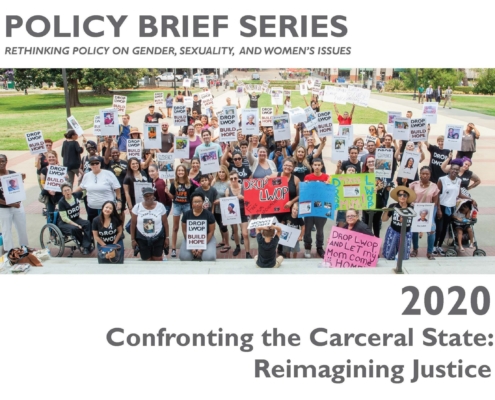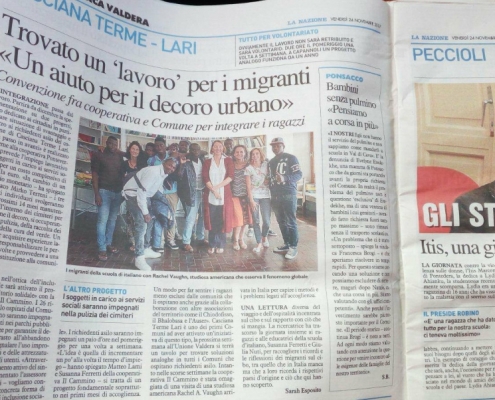Posts

CSW Policy Brief Series 2020 Presents Confronting the Carceral State: Reimagining Justice
In 2019, the UCLA Center for the Study of Women (CSW) collected…

From Tide Pods to Perfumes: UCLA CSW’s Chemical Entanglements Initiative
By Gracen Brilmyer, Graduate Student Researcher, UCLA Center…

‘Divieto dare da Mangiare’: Migrant Angst & Policing the Edible in Italy
By Dr. Rachel Vaughn Assistant Adjunct Professor in the UCLA…

